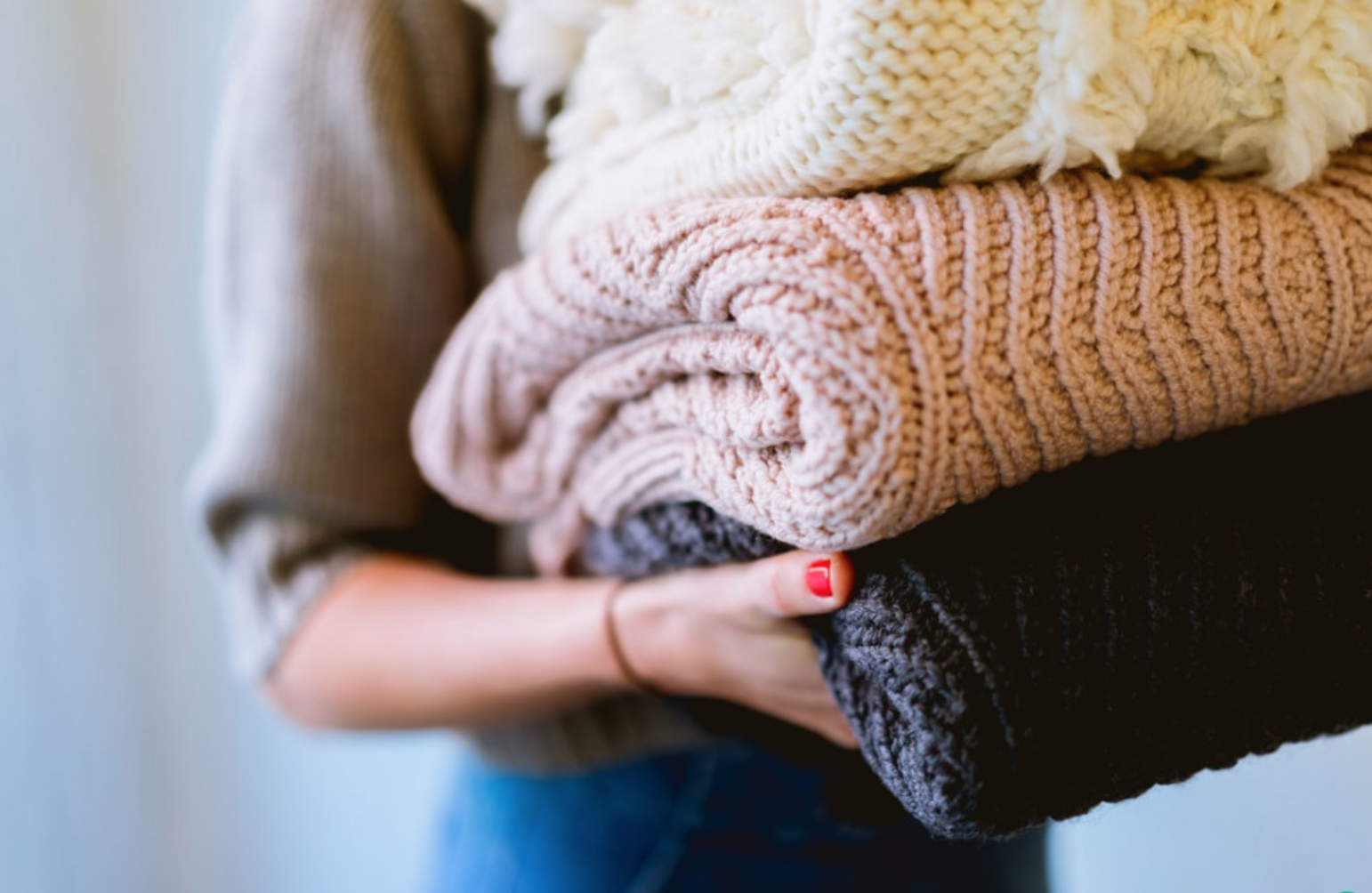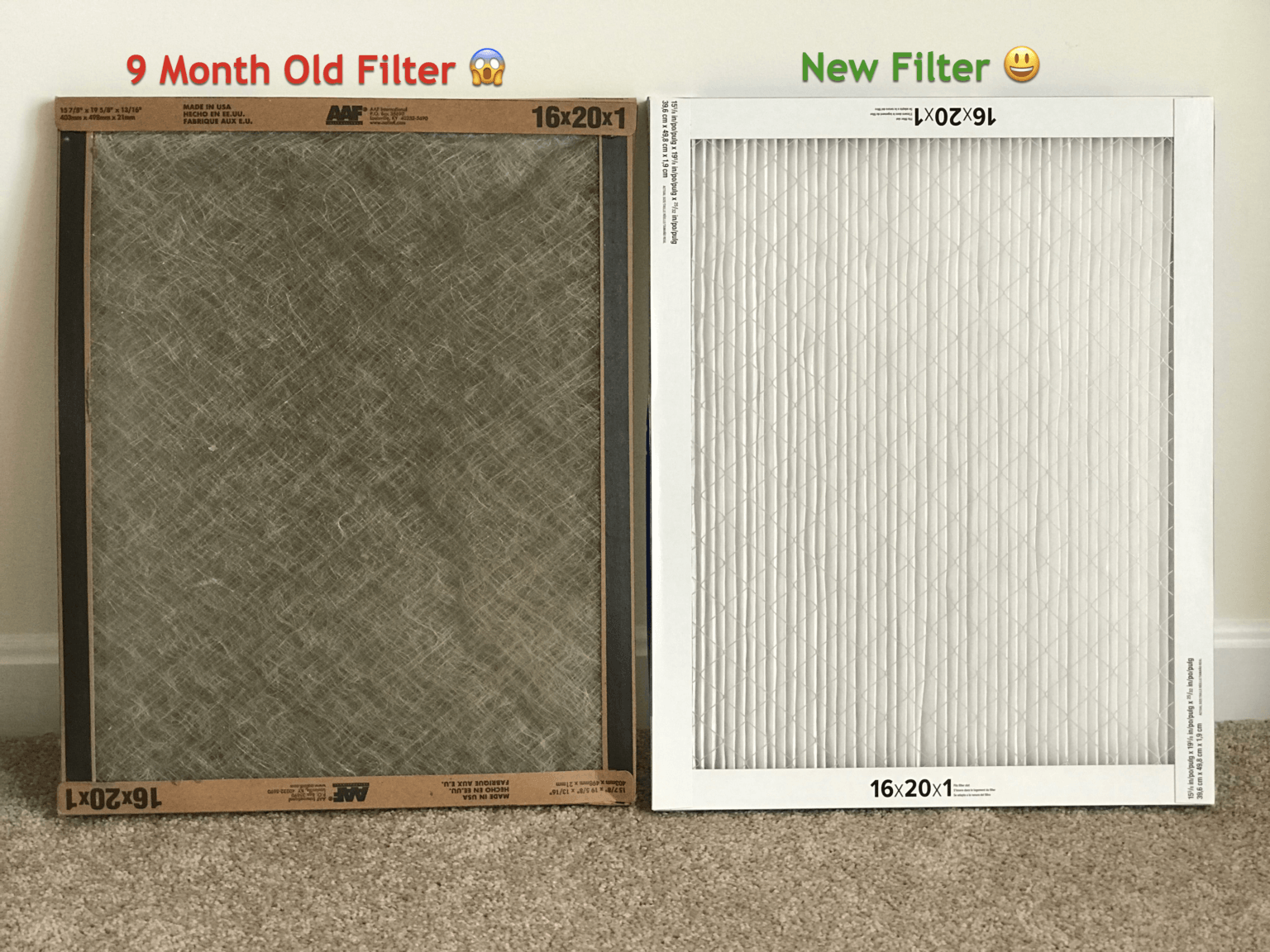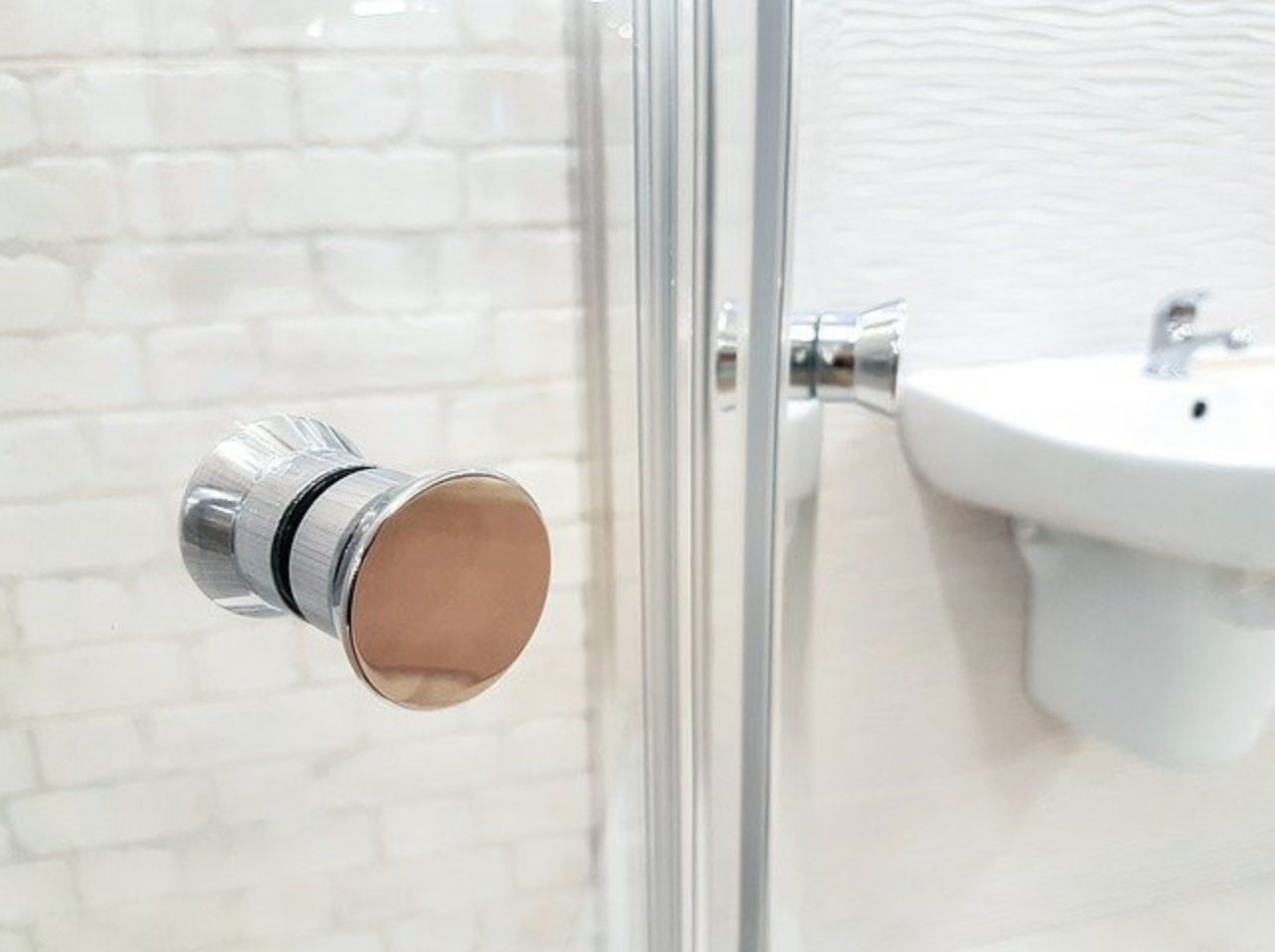People often look for ways to soften and brighten their clothes without using harsh chemicals. Most household products are full of chemicals that are hard on fabrics and hard on the plumbing or septic systems in their homes. Fortunately, there are solutions for people who are looking for an alternative.
White vinegar is a great substitute for a fabric softener. It is good for the environment and septic tanks and there is no evidence showing that it damages washing machines. Vinegar contains acetic acid, which helps to soften, brighten, and eliminate odors in your laundry, and it doesn’t contain harsh chemicals. The best option is distilled white vinegar.
If you are looking for an alternative to chemical fabric softeners, you need to learn about white vinegar. Continue reading to learn why white vinegar is a good fabric softener and other benefits.
Why Is White Vinegar a Good Fabric Softener?
When you are buying white vinegar for your laundry, you should choose distilled white vinegar. This is a good choice because it doesn’t have any natural plant dyes in it, so it won’t stain your clothes. It is also less expensive.
White vinegar contains acetic acid, but it is very mild, so it won’t hurt the fabrics in your clothes. However, it is still strong enough to dissolve the alkalies that are deposited on the fabrics by soaps and detergents. You can add just one-half of a cup of white vinegar during the final rinse, and your laundry will be softer and brighter.
Benefits of Using White Vinegar on Your Laundry
In addition to working as a fabric softener, there are other benefits to using white vinegar on your laundry. It softens your clothes by dissolving the deposits left by hard water or soap. It also is able to brighten and clean your clothes. If your white clothes are gray or dingy, you can use white vinegar to make them whiter.
You can add one cup of vinegar to a pot full of water. Then, boil the mixture and place your dingy clothing inside. You can let them soak overnight, and then run them through the wash. This works great on clothing that is made of cotton.
Another benefit of using white vinegar is that you can prevent lint and animal hair from sticking to your clothing. You can also mix vinegar and water in a spray bottle to spray underarm stains from excessive perspiration. Leave it there for 10 minutes before washing.
If your dark clothing looks dull or dingy, you can wash them with vinegar to bring back the vibrance of its color. You can also use it to eliminate odors from cigar or cigarette smoke. You can even use it on dry clean only clothing. You just put one cup of vinegar in the tub with hot water and hang the clothes above the steaming water.
Finally, you can use vinegar to clean your washing machine and your iron. There are many benefits to having white vinegar on hand to use on your laundry and your laundry appliances in your home.
Why People Avoid Fabric Softeners
The problem with fabric softeners is that they are loaded with waxes, fragrances, other components that are made from chemicals. These chemicals will stay in your clothing, and they can leach through your skin into your body. When you use a natural product such as white vinegar, this doesn’t happen. There are no artificial smells or chemicals added to your clothing.
Not only is it safer to use white vinegar as a fabric softener, but it is a lot less expensive. The white vinegar softens your fabrics by drawing the detergent and other chemicals out of the fabrics. Your laundry will be clean, but it will also have the residue from the cleaning detergent removed from the fibers in the fabrics. As a result, your clothes will be softer.
How To Use Distilled White Vinegar In A Washing Machine
In this video from the Rag Company, Anthony explains how to use distilled white vinegar during your microfiber towel wash process. Although the video focuses on microfiber towels, the method applies to other types of towels and clothing.
Is White Vinegar Bad for Washing Machines?
Some internet sources like Consumer Reports note that vinegar can damage the rubber seals and hoses in some washing machines to the point of causing leaks. But unlike other articles from Consumer Reports that are based on testing, this article and conclusion are based on a conversation with an appliance service owner.
An older article written by Consumer Reports mentions that distilled white vinegar can be used as a “fabric rinse […] to remove detergent completely from clothes, eliminating that scratchy feel if you have hard water.” This article, although older, contradicts the point made above.
In an article titled, 12 Things You Should Never, Ever Clean with Vinegar, Bob Vila recommends avoiding using vinegar in your washing machine too frequently because vinegar can harm rubber parts inside a washing machine.
Yet in this article, The 7 Weirdest Things That Can Clean Your Laundry, vinegar is mentioned first. To refresh your towels, it recommends “skipping the detergent and wash them with white vinegar on the hottest cycle.”
I am in no way trying to discredit either Consumer Reports or Bob Vila. On the contrary, I have respect for both of them. Yet, I don’t think this is evidence that vinegar is bad for washing machines. Although I really don’t know if it could damage your washing machine either. I just haven’t seen or read any compelling argument yet.
Most people don’t seem to have issues with their washing machines when they use distilled white vinegar, at least based on the following links:
- Houzz: DON’T use vinegar in your washing machine
- Quora: Is the use of white vinegar harmful for the washing machine?
- Mama Suds: Does Vinegar Damage Rubber Seals?
Please leave your comments in the space below. I’d love to know what you think, either in favor or against it.
Final Words
If you are looking for a natural way to soften your clothing in the laundry, white vinegar is a great option. It doesn’t harm your clothes, and it will draw the residue from the detergent out of your clothing. This residue is what gives your clothing a hard and stiff feeling after they are washed. There are a lot of other benefits to using white vinegar in your laundry, so you should keep a bottle of it in the laundry room.
Related Posts:




